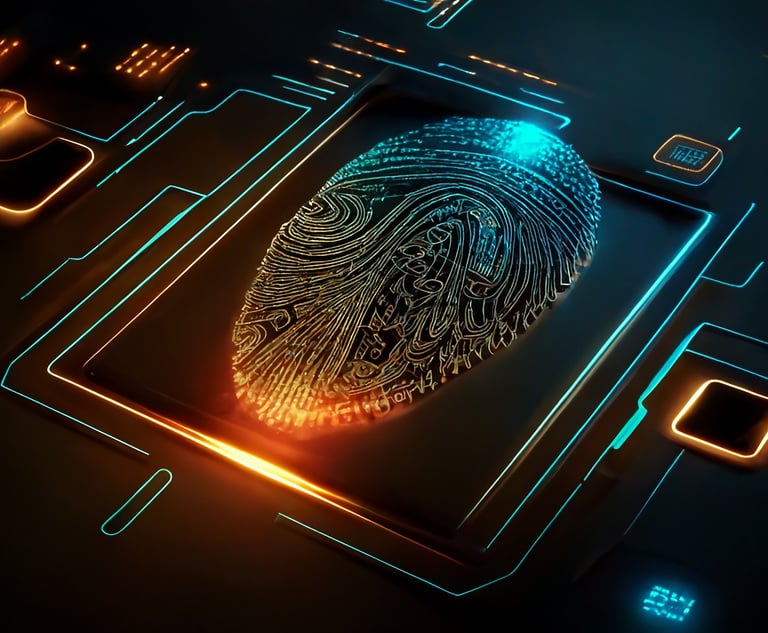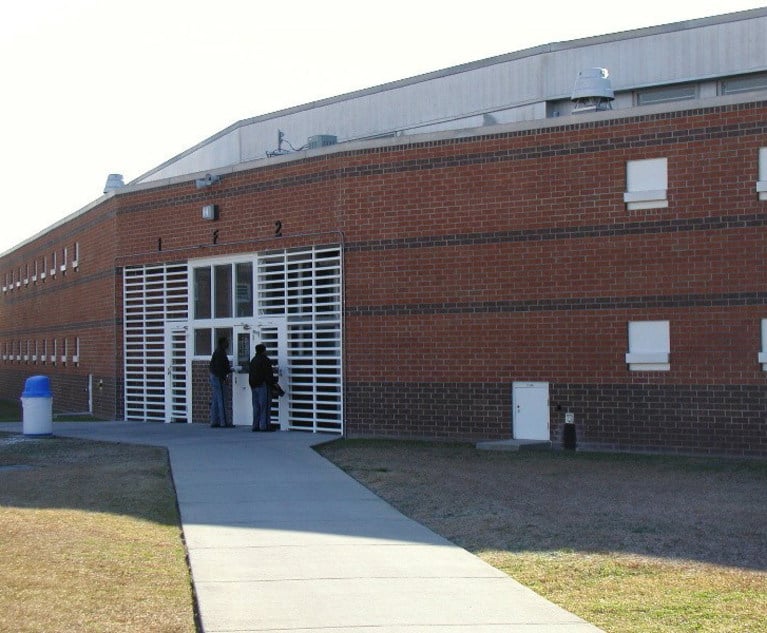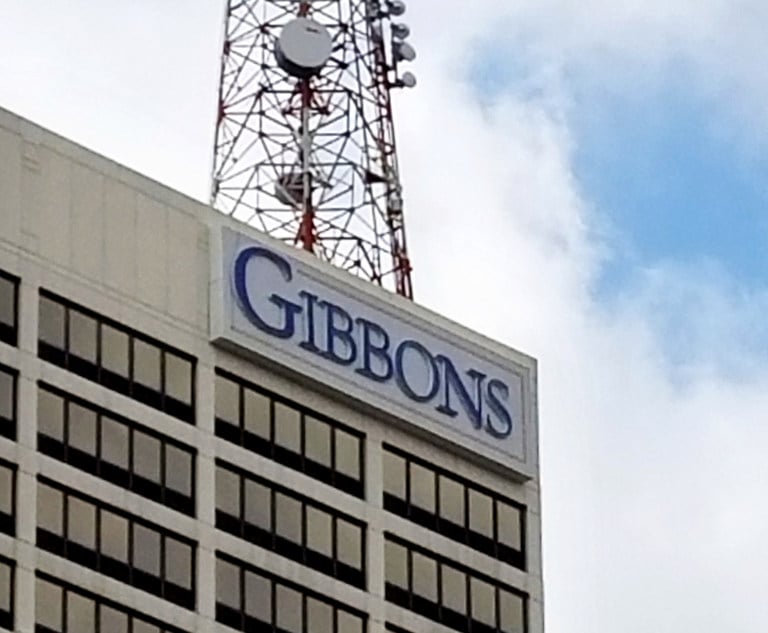It is no secret that modern technology-enabled firms go to great lengths to protect their proprietary information. Nor is it a secret why. The “formula for Coke” is the quintessential trade secret, but these days a proprietary algorithm for targeted advertising or a “black box” trading strategy that provides an actual or perceived edge over the market can be far more valuable—and its secrecy more central to a company’s ultimate survival—than even that venerable recipe.
Not all proprietary information can be protected by traditional intellectual property regimes such as patents or copyrights, at least not in the long term, so companies must be prepared to employ a variety of other mechanisms to keep their confidential materials from becoming publicly available. For example, employees who have access to proprietary information are often required to sign confidentiality agreements that prohibit the use or disclosure of such information outside the course of their work.








